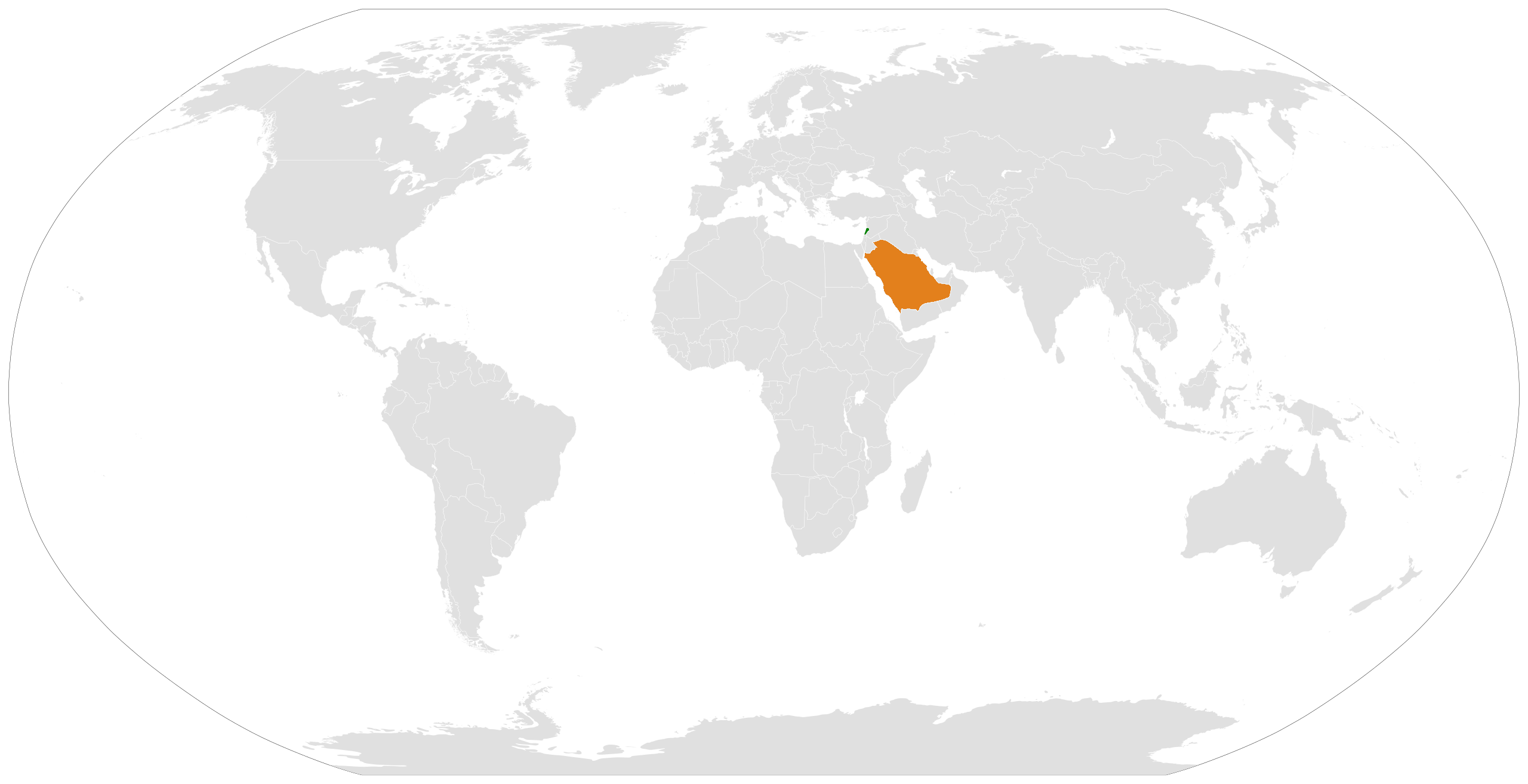
In an official statement released by the Saudi foreign ministry, the Kingdom stressed that it is closely monitoring the developments in Lebanon and called for restraint from all parties involved. The statement emphasized that the protection of Lebanon’s sovereignty is essential for maintaining regional stability, a message that underscores Saudi Arabia’s deep-rooted interest in the security dynamics of the Levant.
The call from Riyadh comes as Lebanon continues to face severe political, economic, and military challenges. The country’s power-sharing government, already weakened by internal divisions and economic collapse, now grapples with the consequences of Hezbollah’s ongoing confrontation with Israel. Hezbollah, a powerful Shia militia backed by Iran, has significantly influenced Lebanon’s domestic and foreign policy, which complicates the international response to the situation.
Lebanon’s political elite, including Prime Minister Najib Mikati, have echoed similar calls for national unity and a ceasefire. The Lebanese army has warned the public against division, which could play into the hands of Israel. The precariousness of the situation has led to widespread concerns about Lebanon’s ability to manage these overlapping crises, especially as Hezbollah maintains its military activities along the southern border.
Saudi Arabia’s stance aligns with its broader regional interests, particularly its rivalry with Iran, Hezbollah’s main backer. Riyadh’s calls for the preservation of Lebanon’s sovereignty are part of its broader push to counter Iranian influence in the Arab world. The Kingdom’s concern for Lebanon’s future is also rooted in the historical ties between the two countries and Saudi Arabia’s long-standing role as a supporter of Lebanon’s economy and political framework.
The tensions between Hezbollah and Israel have been exacerbated in recent weeks, with Hezbollah conducting rocket attacks and engaging in skirmishes along Lebanon’s southern border. Israel has responded with airstrikes and artillery bombardments targeting Hezbollah positions. These hostilities have resulted in casualties on both sides, raising fears of a broader regional conflict that could further destabilize Lebanon. Hezbollah’s involvement in these actions is seen as part of a broader strategy by Iran to exert pressure on Israel, using its Lebanese proxy to advance Tehran’s interests in the region.
For Lebanon, the consequences of this confrontation are grave. The country is already in the throes of a severe economic crisis, marked by skyrocketing inflation, currency devaluation, and widespread unemployment. The World Bank has described Lebanon’s economic collapse as one of the worst in modern history. Coupled with this is the country’s political paralysis, which has prevented the implementation of meaningful reforms needed to secure international financial aid.
Saudi Arabia’s call for respecting Lebanon’s sovereignty comes amid broader diplomatic efforts to address the conflict. Riyadh has been part of ongoing international discussions aimed at preventing the situation from spiraling further out of control. These efforts are being conducted alongside broader negotiations that involve key regional players, including Egypt, the UAE, and Qatar, all of whom have expressed similar concerns over Lebanon’s stability.
The Kingdom has a vested interest in the stability of Lebanon, given the historical presence of Saudi investments in the country and the large Lebanese diaspora living and working in Saudi Arabia. Moreover, Saudi Arabia has been a major benefactor to Lebanon’s economy in the past, providing aid and loans to the government, particularly during periods of heightened instability. However, relations between the two countries have been strained in recent years, partly due to Hezbollah’s growing influence in Lebanese politics and the perceived alignment of Lebanon’s foreign policy with Iran’s regional agenda.
The international community, including the United States and the European Union, has also been closely monitoring the situation. The U.S. has called for restraint and emphasized the need for Lebanon to distance itself from external conflicts that could further damage its fragile state. European leaders have echoed these sentiments, highlighting the importance of preserving Lebanon’s sovereignty and urging Lebanese leaders to prioritize domestic reforms.
Topics
Live News
